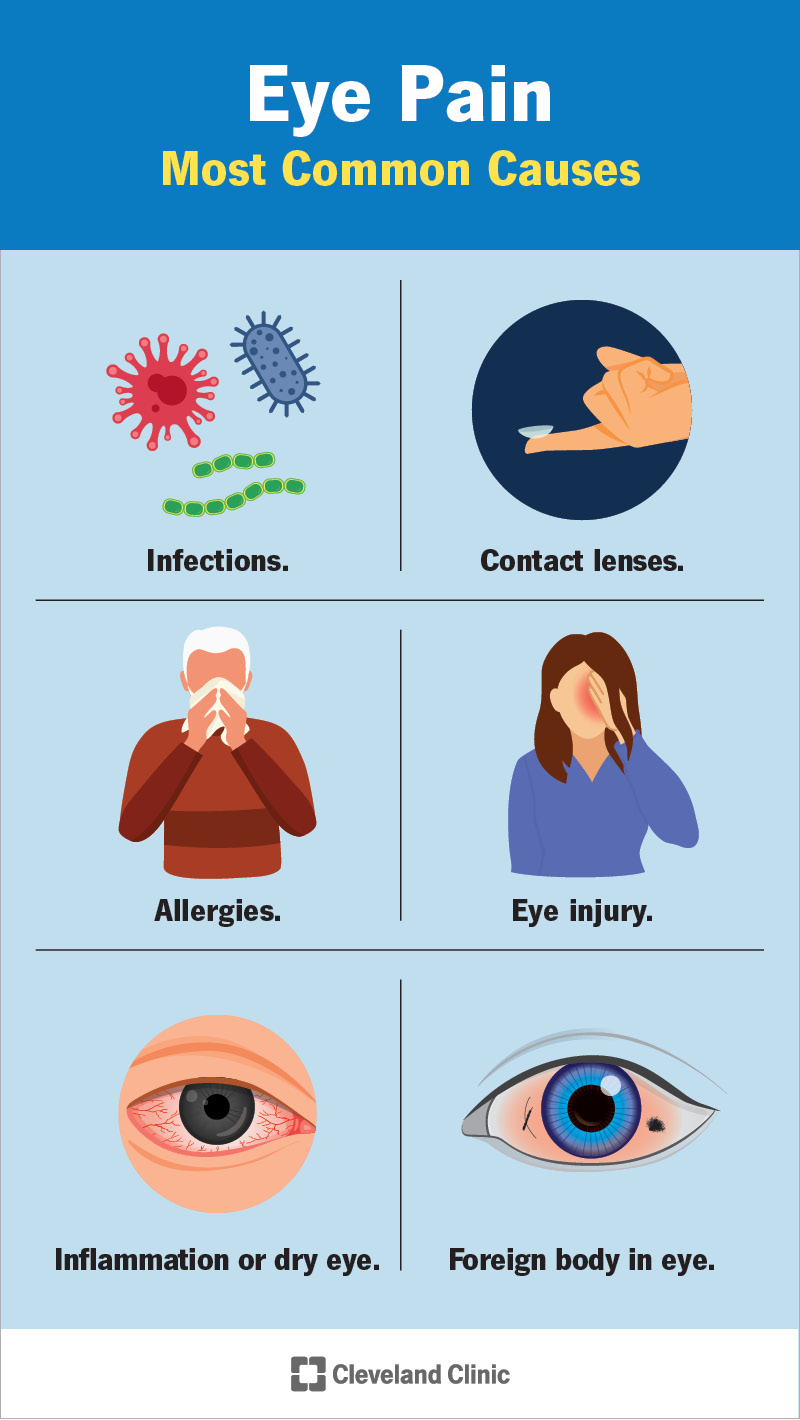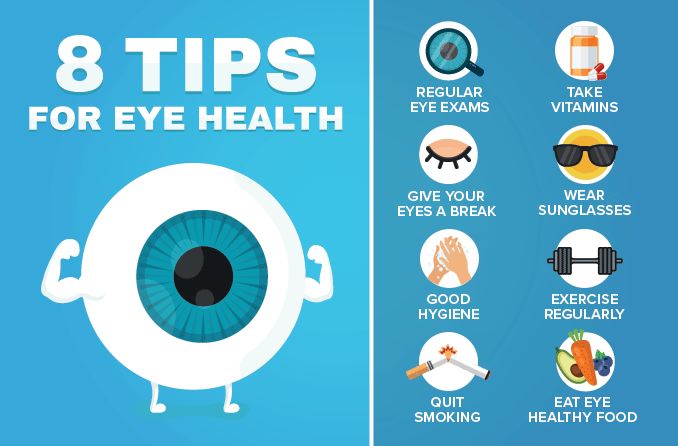How to Practice Proper Eye Care During an Infection
Eye infections can be uncomfortable and potentially harmful if not treated properly. From minor irritations to more severe conditions, taking care of your eyes during an infection is essential to prevent complications and ensure a speedy recovery. This comprehensive guide will explore effective ways to practice proper eye care during an infection, keeping your vision protected and your overall eye health intact.
Understanding Eye Infections
Eye infections occur when harmful microorganisms such as bacteria, viruses, or fungi invade any part of the eye or surrounding areas. Common types of eye infections include:
- Conjunctivitis (Pink Eye): An inflammation of the conjunctiva, often caused by bacteria, viruses, or allergens.
- Stye (Hordeolum): A painful bump on the eyelid caused by a bacterial infection of an oil gland.
- Keratitis: An infection of the cornea, which can be caused by bacteria, fungi, or viruses.
- Uveitis: Inflammation of the uvea, often associated with underlying autoimmune conditions or infections.
- Blepharitis: Chronic inflammation of the eyelids, sometimes linked to bacterial infections.
Each type of infection requires specific care and treatment. Understanding the symptoms and causes can help you take the right steps in managing the condition.
Recognizing Symptoms of an Eye Infection
Eye infections can present a variety of symptoms, depending on the type and severity. Common signs to watch for include:
- Redness and irritation
- Swelling of the eyelids or eye area
- Pain or discomfort in the eye
- Discharge (watery, yellow, or green)
- Blurred vision
- Sensitivity to light
- Itching or a gritty sensation
If you experience any of these symptoms, it's crucial to consult an eye care professional promptly to determine the type of infection and begin appropriate treatment.
Step-by-Step Guide to Eye Care During an Infection
Seek Professional Diagnosis and Treatment
The first step in managing an eye infection is consulting a healthcare provider, such as an ophthalmologist or optometrist. Self-diagnosing can be risky, as different infections require different treatments. For example:
- Bacterial infections may require antibiotic eye drops or ointments.
- Viral infections often resolve on their own but may need antiviral medications in severe cases.
- Fungal infections may require antifungal treatments.
Avoid Touching or Rubbing Your Eyes
Rubbing your eyes can worsen the infection and spread it to the other eye or to others. If your eyes feel itchy or irritated, use a clean tissue to gently dab the area rather than rubbing.
Practice Good Hygiene
Maintaining hygiene is crucial during an eye infection to prevent further irritation or spreading the infection. Key practices include:
- Wash your hands thoroughly with soap and water before touching your eyes.
- Use a clean towel or tissue to wipe away discharge.
- Avoid sharing towels, cosmetics, or contact lenses.
Follow the Prescribed Treatment Plan
Adhering to your doctor's treatment plan is essential for full recovery. This may include:
- Eye drops and ointments: Use as directed to reduce symptoms and clear the infection.
- Oral medications: Sometimes, oral antibiotics or antivirals may be prescribed.
- Cold or warm compresses: Depending on the type of infection, applying a compress can help relieve discomfort and reduce swelling.
Remove Contact Lenses
If you wear contact lenses, discontinue their use during the infection to prevent irritation and allow your eyes to heal. Discard the current pair and use a new one only after the infection has cleared.
Keep Your Environment Clean
Cleanliness plays a significant role in preventing reinfection or spreading the infection to others. Tips include:
- Regularly clean surfaces like countertops, doorknobs, and mobile phones.
- Wash pillowcases, towels, and other fabrics that come into contact with your face.
Protect Your Eyes from Irritants
During an eye infection, your eyes may be more sensitive to environmental irritants like dust, smoke, or strong winds. Wear sunglasses when outdoors and avoid exposure to allergens or chemicals that could exacerbate symptoms.
Home Remedies for Eye Infections
While medical treatment is often necessary, some home remedies can provide additional relief. Always consult your doctor before trying these:
- Warm Compress: Soak a clean cloth in warm water, wring out excess moisture, and place it over your closed eyes for 5-10 minutes. This can help with styes and blepharitis.
- Cold Compress: For swelling or discomfort, a cold pack can reduce inflammation.
- Saline Solution: Use a sterile saline solution to rinse your eyes and remove debris or discharge.
- Tea Bags: Chamomile or green tea bags, when cooled, can be placed over closed eyelids to soothe irritation.
Preventing Eye Infections
Prevention is always better than treatment. Here are several preventive measures to safeguard your eyes:
- Wash Your Hands Regularly: This is one of the most effective ways to prevent infections.
- Avoid Sharing Personal Items: Do not share cosmetics, towels, or contact lens cases.
- Maintain Contact Lens Hygiene: Always clean and store your lenses as advised by your eye care provider.
- Keep Cosmetics Clean: Replace eye makeup regularly and avoid using expired products.
- Stay Hydrated and Eat a Balanced Diet: Proper hydration and nutrition support overall eye health.
- Protect Your Eyes: Wear protective eyewear when exposed to potential hazards like chemicals or UV rays.
When to Seek Immediate Medical Attention
While most eye infections can be treated effectively, certain symptoms require urgent medical attention:
- Severe pain or sudden vision changes
- Persistent redness or swelling
- Discharge that doesn't improve with treatment
- Sensitivity to light that worsens
- Symptoms lasting longer than seven days
Delaying treatment for severe symptoms can lead to complications, including permanent vision damage.
The Role of a Healthy Lifestyle
A healthy lifestyle supports your immune system and reduces the risk of infections. Incorporate these habits into your daily routine:
- Eat Eye-Friendly Foods: Include foods rich in vitamins A, C, and E, as well as omega-3 fatty acids.
- Exercise Regularly: Physical activity improves circulation, benefiting your eyes and overall health.
- Get Enough Sleep: Adequate rest helps your body recover and repair itself.
- Manage Stress: Chronic stress can weaken your immune system, making you more susceptible to infections.
Conclusion
Practicing proper eye care during an infection is essential to protect your vision and ensure a smooth recovery. By seeking professional treatment, maintaining good hygiene, and following preventive measures, you can minimize the impact of infections on your eye health. Remember, your eyes are delicate and deserve proper care, especially during challenging times. Prioritize their well-being, and they will serve you well for years to come.



























0 comments: